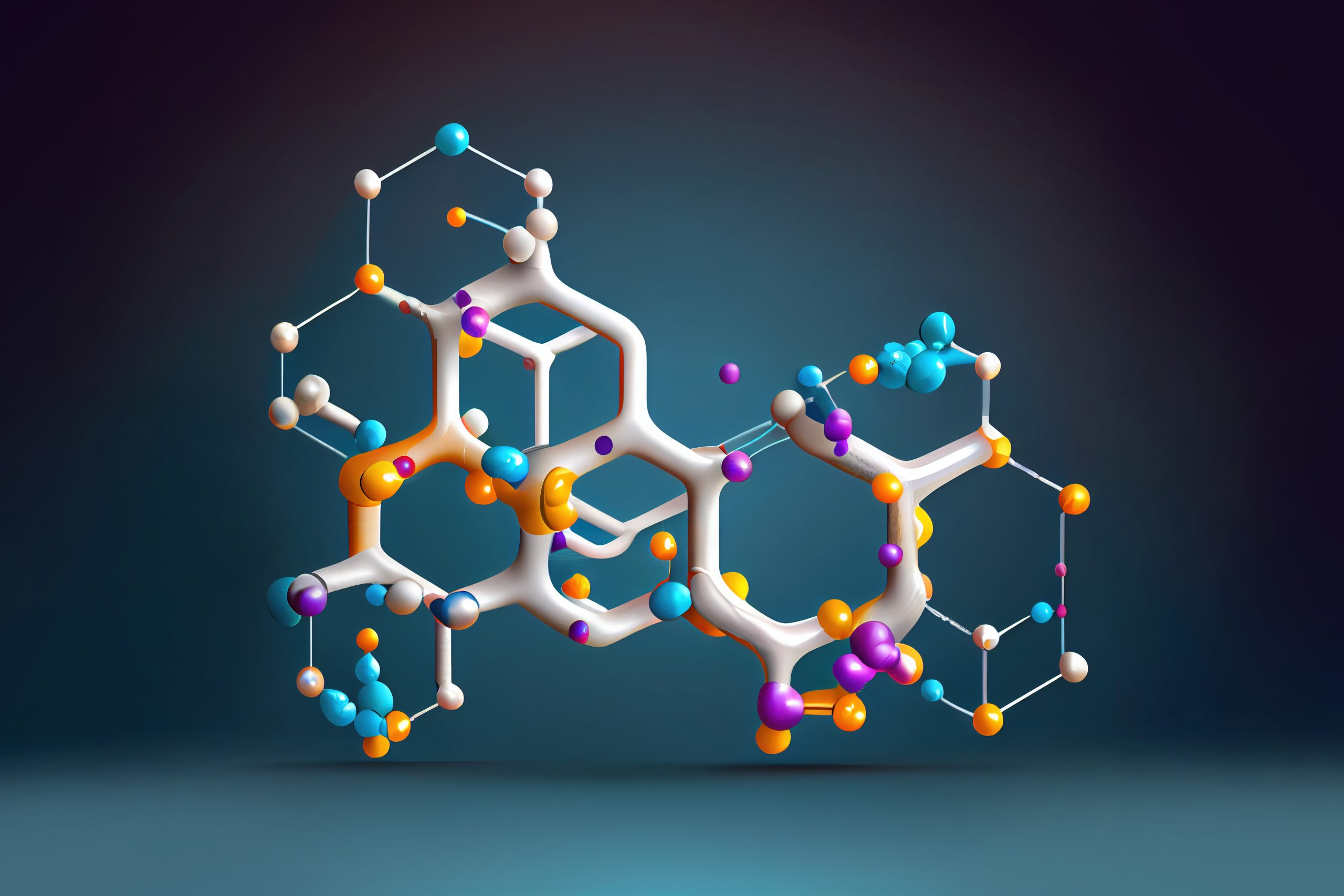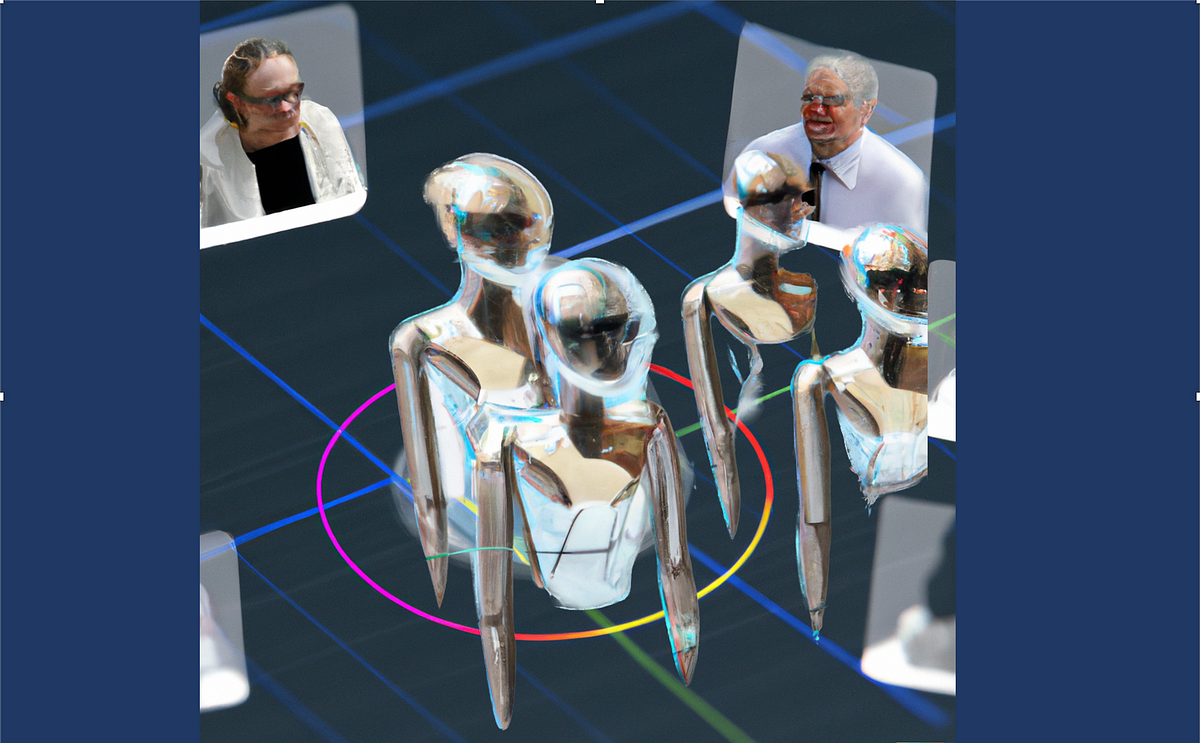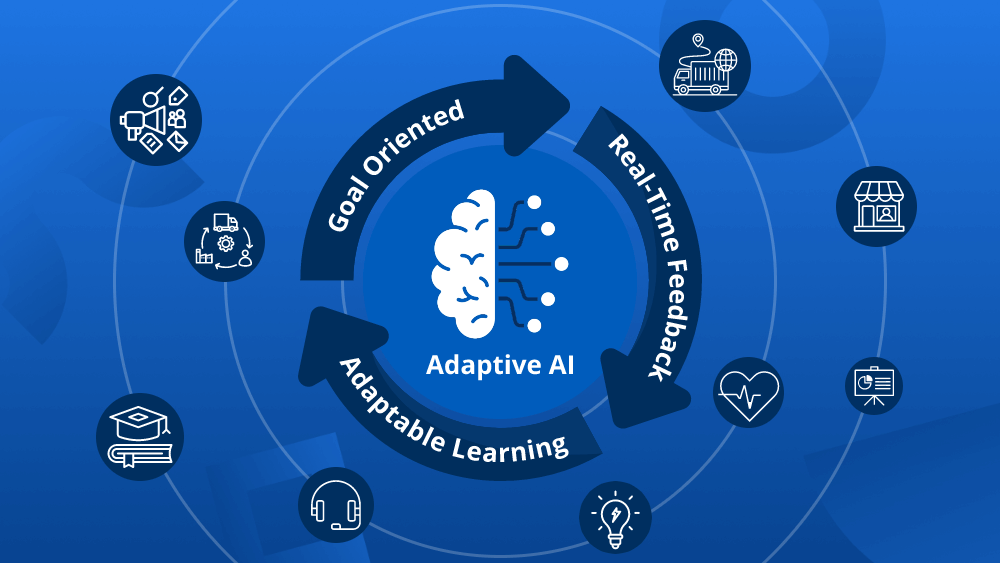In chemistry, the transition state occurs during a chemical reaction. It’s a moment where the response has to move forward, but it’s so quick that scientists can’t see it happening. They usually use a method called quantum chemistry to figure it out, but it takes a long time, like hours or even days, to calculate just one transition state. That’s a problem when designing new reactions or understanding how things change in nature.
Some researchers tried using machine learning to speed things up, but the models had issues. They treated two reactants as one thing, and if those reactants turned or rotated, the model got confused and thought it was a whole new reaction. Now, a team from MIT has a solution using a special kind of machine learning. They created a model that can understand the different orientations of two reactants, making it more flexible. To train this model, they used data from quantum chemistry for 9,000 different reactions.
The MIT team tested their model on 1,000 new reactions it had never seen before. They asked it to suggest 40 possible solutions for each transition state. Then, they used a “confidence model” to pick the most likely ones. The solutions were almost as accurate as the ones calculated with the slow quantum method, but this new way only takes a few seconds for each reaction.
The MIT team mainly trained their model on reactions with small molecules, but it was a surprise! It worked well for more giant molecules, too. They plan to make it even more remarkable by adding catalysts. Catalysts are like helpers that make reactions go faster, and the model could tell how much they speed things up. That’s handy for making new medicines or fuels.
So, this new method is like a tool for chemists. It can predict how things will change during reactions faster than before. And not just for small reactions but for big ones, too. It’s like having an assistant for chemists to discover new things in the world of reactions.
Check out the Paper and MIT Blog. All credit for this research goes to the researchers of this project. Also, don’t forget to join our 34k+ ML SubReddit, 41k+ Facebook Community, Discord Channel, and Email Newsletter, where we share the latest AI research news, cool AI projects, and more.
If you like our work, you will love our newsletter..
Niharika is a Technical consulting intern at Marktechpost. She is a third year undergraduate, currently pursuing her B.Tech from Indian Institute of Technology(IIT), Kharagpur. She is a highly enthusiastic individual with a keen interest in Machine learning, Data science and AI and an avid reader of the latest developments in these fields.



